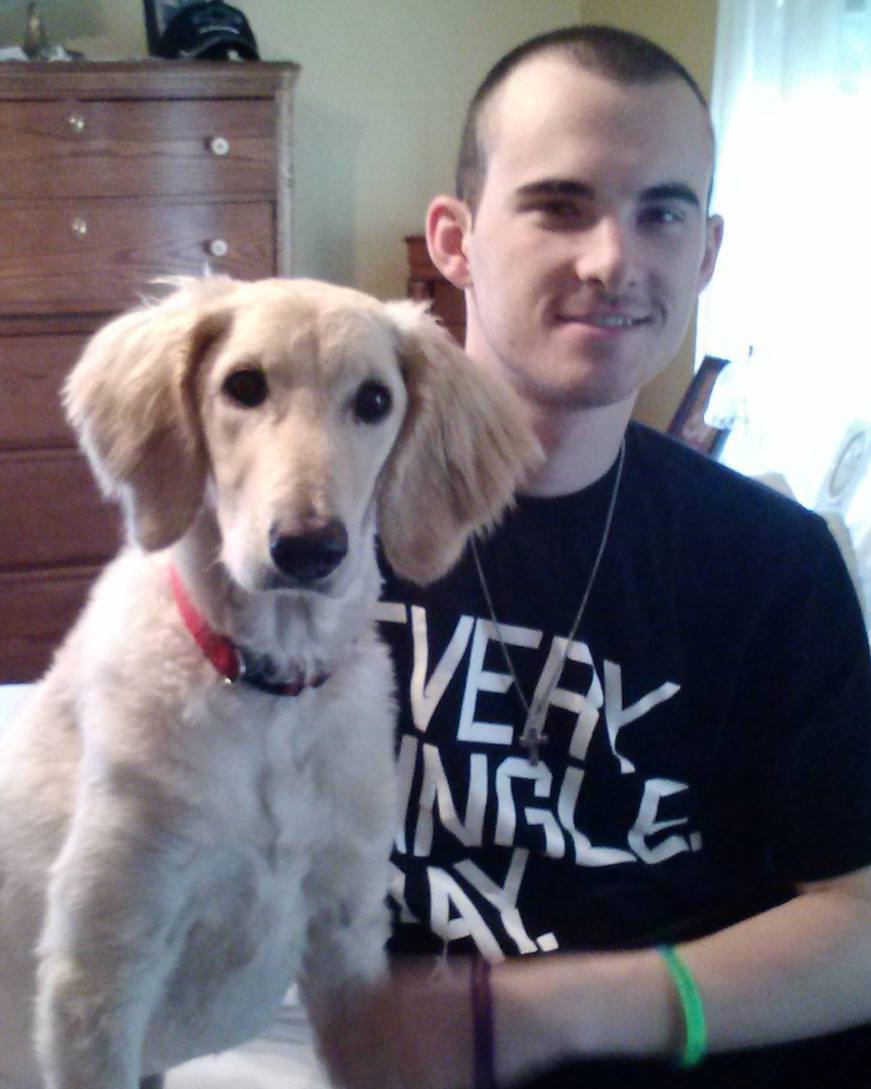Laurie’s Story
December 14, 2005, started out like every other workday. I needed to get dressed, but decided to fix my coffee first and that is when I realized something was different. I was stirring my coffee and both my feet began to tingle as if they were asleep. I tried stomping my feet on the floor but the tingling was quickly climbing up my legs and in a manner of minutes, I collapsed to the floor. Scared to death, I reached for the cell phone from the table above me and immediately dialed 911. Since I could not get up, I agreed to let the paramedics take me to the hospital. Once there I was subjected to a three hour long MRI and unbearable pain. I screamed at the doctors to help me as the pain and paralysis continued. My family watched in horror as they tried to hide their tears. I was in and out of consciousness until three days later when the doctors diagnosed me with acute onset Transverse Myelitis (TM). My family and I were devastated by the news and by what the doctors were saying. They told us there was nothing they could do for me and that I should go to a long term facility for possible rehabilitation. My family, dissatisfied with this news, immediately went to work searching for an alternative plan of action. Five days later, I was transferred to the Johns Hopkins Hospital Transverse Myelitis Center (JHTMC).
With family constantly by my side, I received plasmapheresis, immunoglobulin infusions, CT scans, daily blood tests, spinal taps and inpatient physical therapy. Several weeks later I landed at the doorstep of the Kennedy Krieger Institute for Spinal Cord Rehabilitation (KKI). Still feeling like I was living in a dream, I commenced my first year as a paraplegic with the will to regain my life as a ”normal” person. All I could think about was how I needed to get back to work. For three days a week my physical therapists worked with me diligently. After a year, I had regained just enough strength in my legs to stand up with the help of special braces and a walker. Gradually, I began to move my legs a little at a time. Eventually though, my trips to physical therapy would be spread further and further apart. There would be no more improvement in my condition. I was destined to live the rest of my life with limitations I never imagined.
Transverse Myelitis is an auto-immune disease which affects the central nervous system. This disease strikes children, adolescents, and adults, from everywhere, leaving them partially or totally immobile. With impaired motor, sensory and cognitive abilities, adults, like me, are often forced to quit their jobs and go on disability. For my family and I, the change was financially devastating. My days would soon be focused solely on dealing with the frustrations of bladder and bowel dysfunction. Many adults even experience sexual dysfunction. The damage caused by Transverse Myelitis in the span of a few minutes or days can leave a person with a lifetime of agony.
These days, my inspiration for getting out of bed comes from crafting and reading, but I am most proud of the dollhouse that I refurbished. At times, reading the TM blogs and posting comments can also be rewarding for me. Now, however, I am putting all of that aside to help the Transverse Myelitis Association by raising funds and awareness for the Walk-Run-N-Roll Campaign. As one of this year’s event co-chairs, I am thrilled to help spread the word about this disease to doctors, patients, families and their care givers.**
Dignify Therapeutics is working to develop a pharmaceutical agent that would allow the user to voluntarily void their bladder and/or bowel within a few minutes of administering the drug. What would this drug, if developed, mean to you and how would it help you in your daily life?
If Dignify Therapeutics developed a drug that allowed me to voluntarily void my bladder and my bowel, I would be the first in line. I currently have to cath 5 to 6 times daily which means if I go out, I either have to always be near a bathroom or I have to cath immediately before I go out and make sure I am back home in 2-3 hours so that I can cath again. It is also quite unnatural having to void through a tube all of the time. Voiding the bladder by cathing is not quite as bad though as voiding the bowel. For me, constant bloattedness, grumbling intestinal sounds, gas, hemmoroids and rectal bleeding are common occurrences. In order to void my bowel, I have to take probiotics, fiber and laxatives. Sometimes the laxatives take up to three days to leave my system. If I could void my bowel shortly after taking a drug, I could loose all of the side effects of being constipated. I can not even imagine the flexibility it would provide. I would feel like a new person.
**”This story was first published on the Transverse Myelitis Association website





